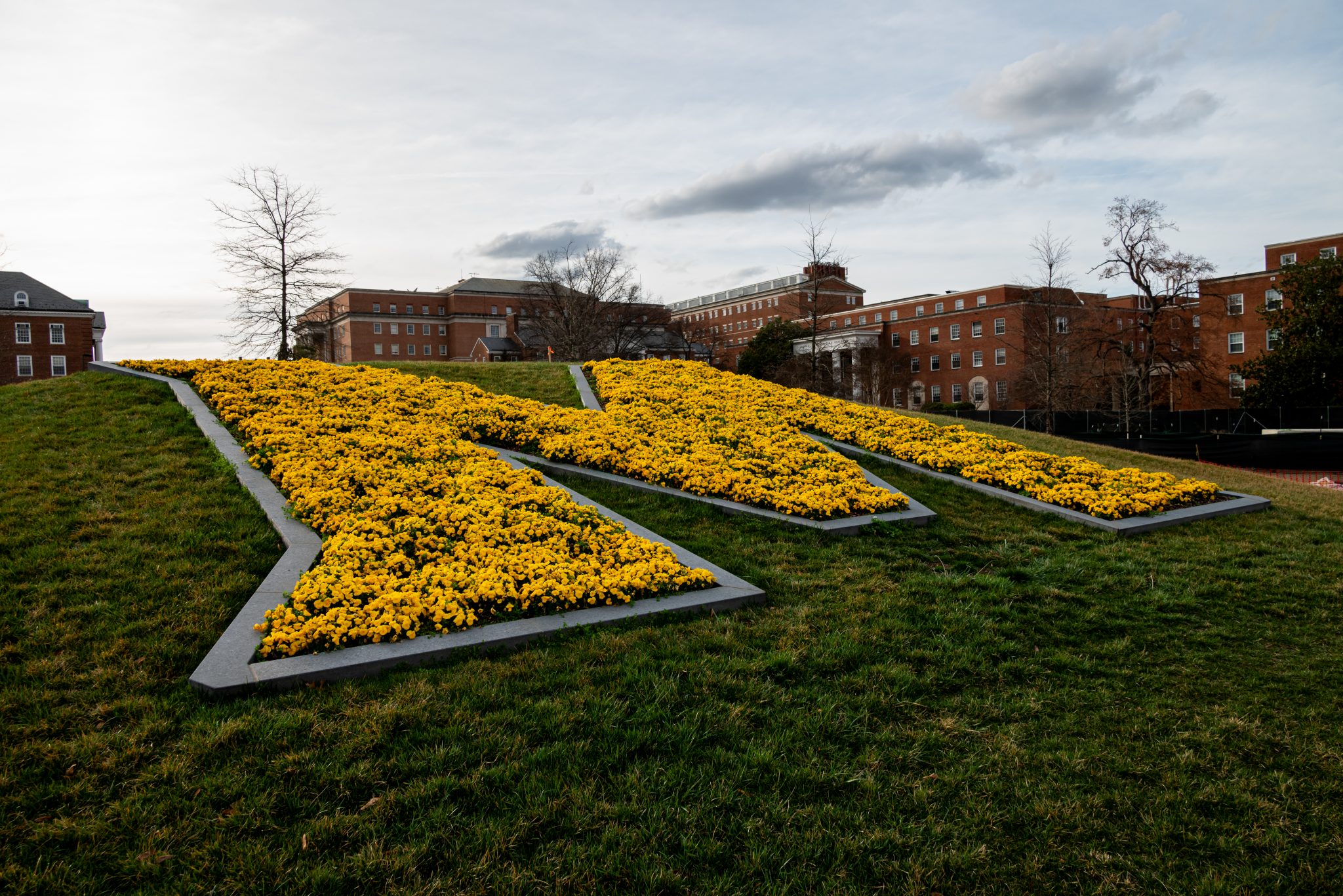CLARIFICATION: This story has been updated to better reflect that the College Park Board of Election Supervisors did not officially propose the voter registration system for implementation.
The College Park Board of Election Supervisors discussed a new voter registration system for University of Maryland students in city municipal elections on Thursday.
The voter registration system would create a separate municipal registration system that would allow students to vote in city elections while maintaining their voter registration in their home districts for general elections. The efforts were part of extensive discussions on how the city could boost voter participation from this university’s student population.
“If you had that probable influx of additional voters, candidates would have to work a bit harder and there’d be more contested races and a lot more turnout [and] not just from the students,” Tina Batten, a former College Park election supervisors board member, said
Currently, students need to change their voter registration to the College Park municipality to vote in the city’s municipal elections.
Out-of-state students must also change their voter registration state to Maryland before voting. Almost 24 percent of undergraduate students at this university were classified as out-of-state residents in fall 2023, according to this university’s undergraduate student profile.
Benjamin Hovland, the commissioner of the federal election assistance commission, said university students would be more engaged in municipal elections if there were fewer barriers.
About 70 percent of students voted in the 2020 presidential election, but the participation is much lower in city elections, Hovland said.
[Here’s a look at the College Park business scene in 2024]
In last November’s city election, about 10 percent of registered voters in College Park participated in the election, according to College Park elections board supervisors chief John Payne. But Payne estimated that students comprised about two percent of all voters.
“We think that the biggest problem is communication,” Payne said. “When we send out the postcard mailers to registered voters we believe most of them that go into student mailboxes go directly into the trash without being read.”
Sam Novey, the chief strategist of this university’s democracy and civic engagement center attended this meeting to help the board strategize how to break barriers with student voters.
University student participation in municipal elections are not unique to College Park, Novey said, citing similar issues in other college towns such as Ann Arbor and Madison.
[College Park City Council discusses creating a youth advisory committee]
Novey emphasized that College Park officials working together and investing in these issues could be a first step to increasing student turnout in the city.
Emily Isaacson, a junior information science and technology and information design major, said she attended the meeting because one of her courses focuses on student participation in municipal elections. Many students at this university do not associate themselves with College Park, which leads to lower student turnout, she said.
“When you’re living on campus, you see the university as a separate community,” Issacson said. “When I was living on campus I had no idea how city government would impact me. I feel like the university is its own separate government.”
District 2 elections supervisors board member Ruth Murphy hoped that the discussion would help students become more engaged in all elections, including College Park.
“I really want students to feel they can be civically engaged and their voice matters,” Murphy said. “I want them to participate even if it may not be in our election, in any election I just want them to exercise their own rights and become aware of what’s going on.”
CORRECTION: A previous version of this story misspelled Emily Isaacson’s name. This story has been updated



